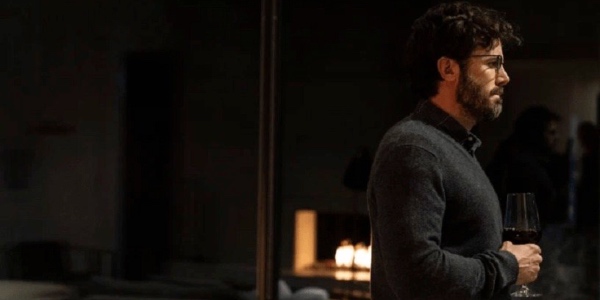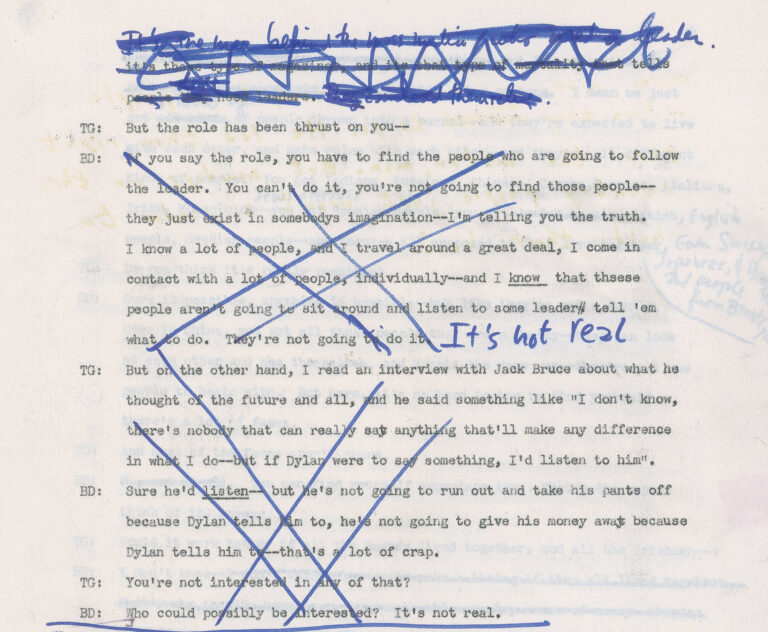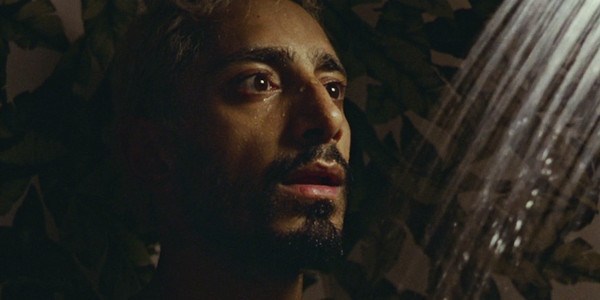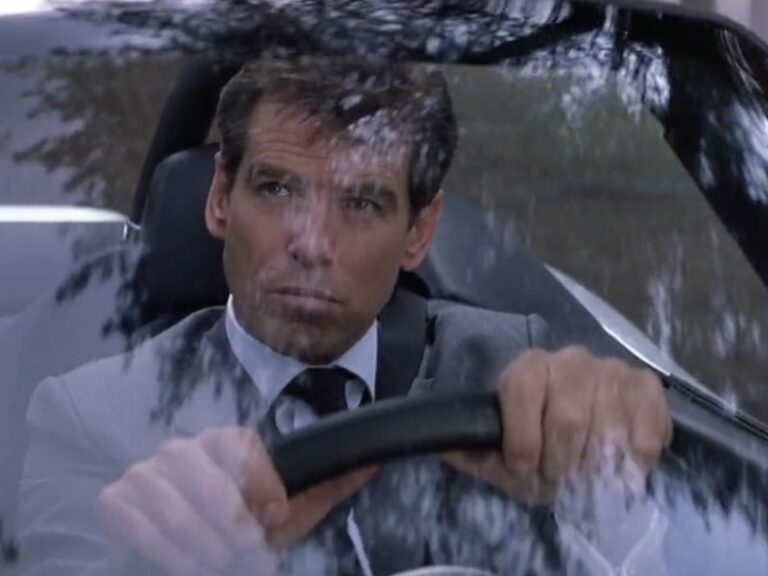Video: Pete Docter, Kemp Powers and Dana Murray on their PGA Award-Winning Animated Film, Soul
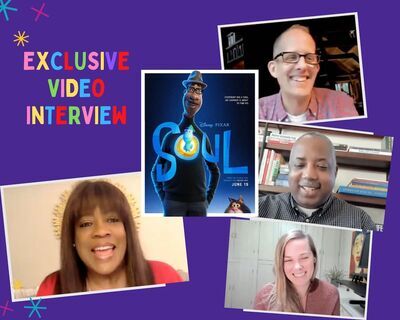
Pete Docter, the two-time Oscar-winning director of the beloved Pixar features “Up” and “Inside Out,” joined his co-writer/director Kemp Powers (“One Night in Miami”) and producer Dana Murray (“Brave”) in chatting with me via Zoom about their Oscar-nominated animated film, “Soul,” which just won the Producers Guild Award for Best Animated Film. The conversation was held as part of the Mill Valley Deadline Contenders series a month after the film premiered on Disney+. Our conversation was freewheeling, addressing issues of whether death is the new frontier, how you thread the needle to make a film about the afterlife that is appropriate and relevant to both children and adults, why having the first African-American director at Pixar resulted in a richer, more layered animation experience and many other issues. “Soul” is an exhilarating achievement, including its use of jazz music and Jon Batiste’s input.
Jamie Foxx voices the film’s protagonist, Joe, a frustrated teacher and aspiring blues pianist who lands his first big break, only to stumble down a manhole. With his soul untethered from his body, Joe struggles desperately to return to Earth, while being accompanied by a soul dubbed “22” (voiced by Tina Fey) who has no appetite for life. Our editor-at-large, Matt Zoller Seitz, praised the film as “a likable, loose-limbed take on life, death, destiny, and choice, with an original point-of-view,” while our Assistant Editor Nell Minow previously interviewed Docter and Murray about the richly detailed urban canvas and surrealistic fantasy of their ambitious picture, which was recently nominated for three Academy Awards (Best Animated Film, Best Original Score and Best Sound).
After positing whether death is now the new frontier, I asked Pete Docter how he could have had an existential crisis after the phenomenal success of “Inside Out” and how that angst led to the development of “Soul.” He answered that “Inside Out” was way beyond anything he dreamed of in terms of successes by any definition, but he just didn’t feel like his life was all figured out. Docter asked during our conversation. “Why does it still feel unsettled? I just started thinking more about what is it we’re meant to do. What are we born with? What do we have a chance to adjust while we’re here? Do we have a purpose? Is that a thing or not? So all of those ingredients went into the stew of this film, and then we just started hunting around for ways to tell that story to kind of get to that idea at the core of it.”
Producer Dana Murray offered: “Pete always starts with these crazy, big ideas that we all think about, and it’s fun to figure out how we could actually visualize them. We always start from a place of research, so in development, we started bringing in all kinds of people from religious experts to shamans, physicists and psychotherapists to start dissecting these conversations. We always have in mind that we’re making films for the entire family, from age 2 to 90, but it starts from a more selfish place of what the sort of movie is that we’d like to watch. We have the entire crew bring their kids in for a screening to see if they like and understand the film, and they always do.”
I was excited to interview Kemp Powers, the first African-American director at Pixar, and discuss how his involvement resulted in an expansion of the role of Joe as a character in the animation. “Part of Pixar’s process is experimentation, so there was a question of who the main character should be: Joe or 22,” noted Powers. “When I first came onboard, 22 was definitely more developed and more interesting than Joe. One of the things that drew me to this project is that even though Joe wasn’t fully developed, I saw him and his character and the journey through his prism as being just a wealth of opportunity. Coincidentally, the character was supposed to be my age, from the same city and from the same background, so I just started throwing out these ideas. It was almost as though I was filling in, in my mind, all those things that Joe had gone through. Joe’s journey is an artist’s journey, and coincidentally, I was kind of living it when they first invited me up to Pixar.”
You can watch my full conversation with Docter, Murray and Powers in the video embedded below…
<span id=”selection-marker-1″ class=”redactor-selection-marker”></span>
